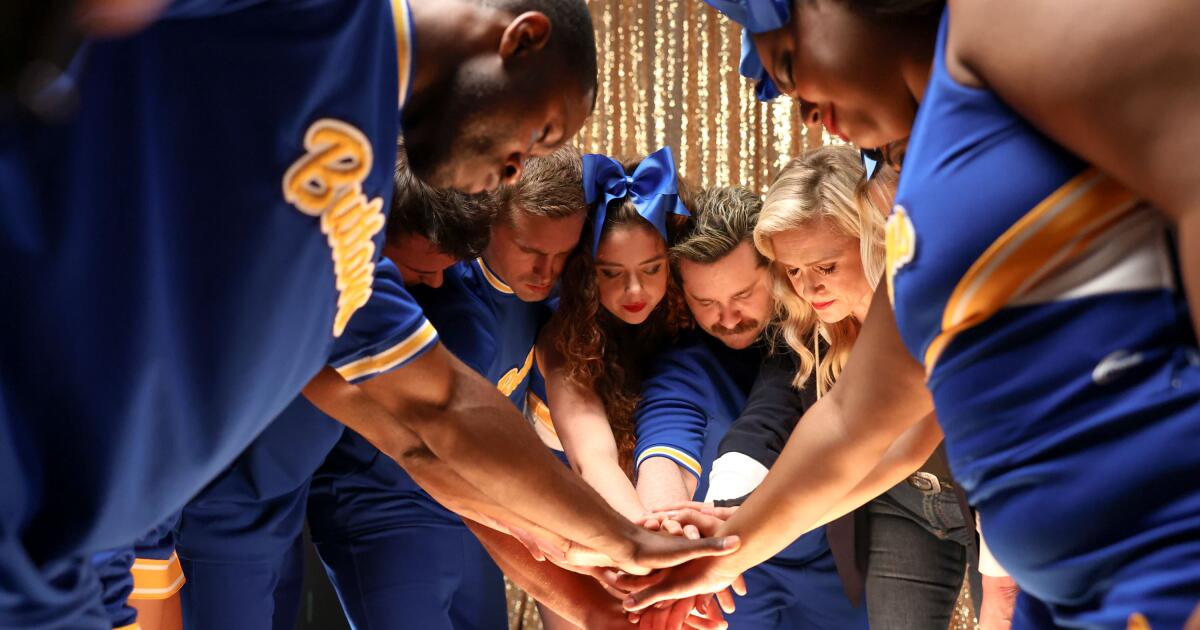URGENT UPDATE: A recent review in the Los Angeles Times is stirring controversy as it uses narcolepsy as a comedic punchline in the context of NBC’s new show, “Stumble.” The backlash is immediate, with activist Lindsay Scola from Marina del Rey speaking out against the harmful stereotypes perpetuated by the media.
In a powerful letter published on November 7, 2023, Scola, who lives with narcolepsy, emphasized that this chronic neurological disorder is far from humorous. “There’s nothing funny about it,” she stated, highlighting that narcolepsy disrupts the brain’s ability to regulate sleep and wake cycles. This serious condition leads to debilitating symptoms including excessive daytime sleepiness, muscle weakness triggered by emotions, vivid hallucinations, and, at times, terrifying sleep paralysis.
The Los Angeles Times review claimed that characters in “Stumble” fall “backward, unconscious, mid-sentence,” a portrayal Scola argues is not only inaccurate but damaging. “I spent 19 years blaming myself for exhaustion I couldn’t explain,” she shared. Her experience reflects the struggle many face when navigating societal misconceptions about the disorder.
As the conversation evolves, Scola urges the media to challenge, rather than reinforce, these stereotypes. “The media taught me narcolepsy looked like falling asleep into a bowl of soup,” she recounted, pointing out that such portrayals lead to misunderstanding and stigma against those affected by the condition.
The public’s reaction has been swift, with many taking to social media to express their outrage and share personal stories about living with narcolepsy. This rising dialogue underscores a critical need for accurate representation in entertainment, particularly for conditions that impact millions worldwide.
Authorities in the medical field emphasize the importance of proper education regarding narcolepsy. “It’s vital for media representations to align with reality, as misconceptions can affect how patients are perceived and treated,” stated Dr. Emily Harper, a neurologist specializing in sleep disorders.
As this story develops, the impact of Scola’s letter is already being felt across social media platforms, sparking discussions about the responsibility of media creators to portray medical conditions with sensitivity and accuracy.
What’s next? Audiences are encouraged to engage with the ongoing discourse and advocate for better representation in media. The conversation surrounding narcolepsy is far from over, and with voices like Scola’s leading the charge, there is hope for change.
Stay tuned for updates as this story unfolds and as more individuals come forward to share their experiences with narcolepsy and the media’s portrayal of their realities.
